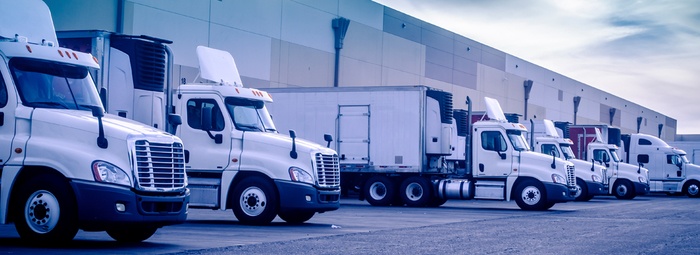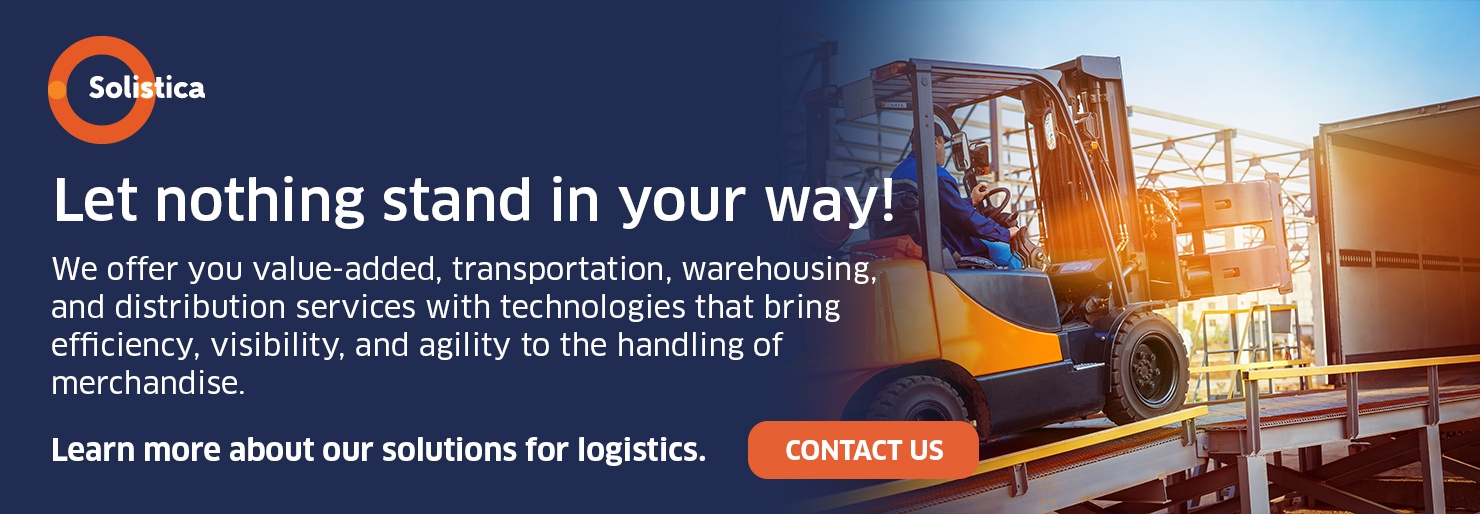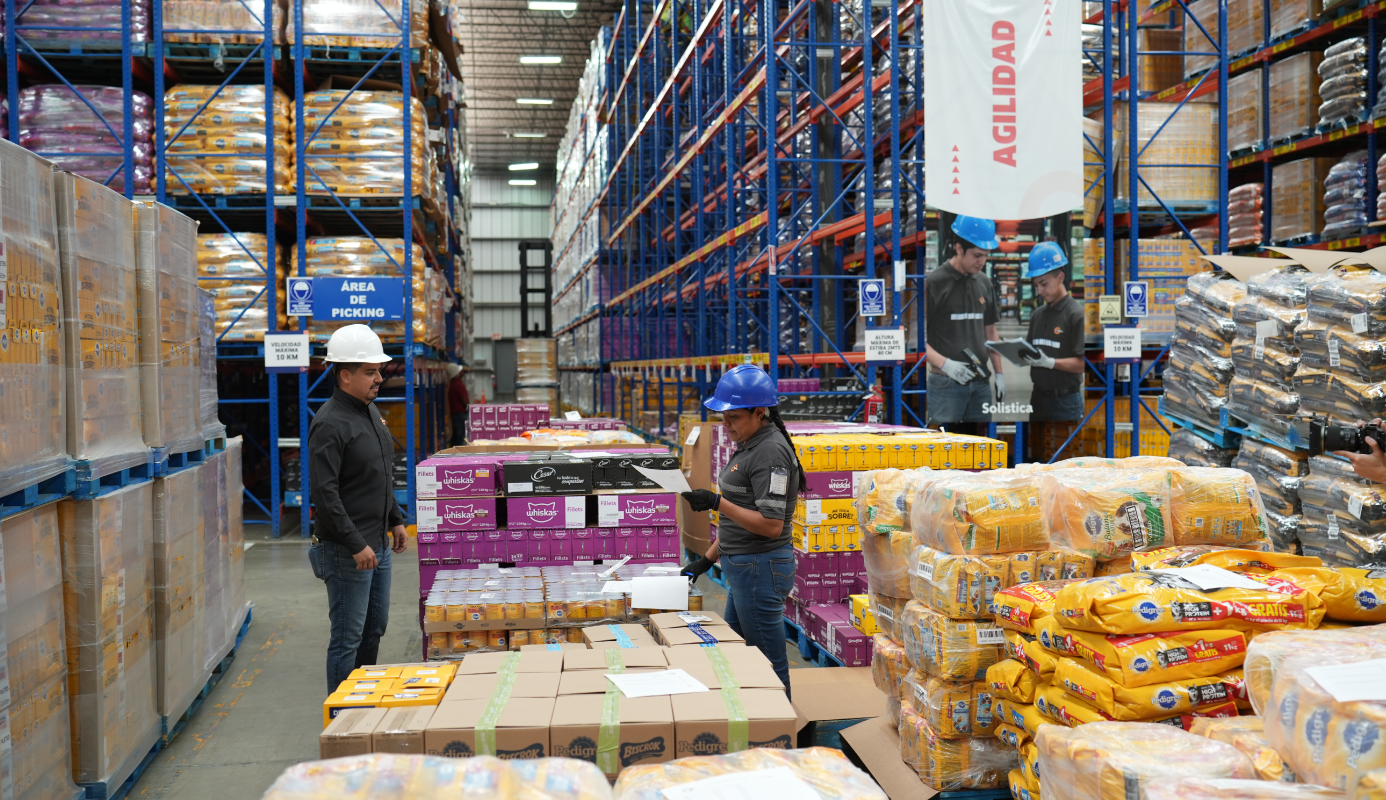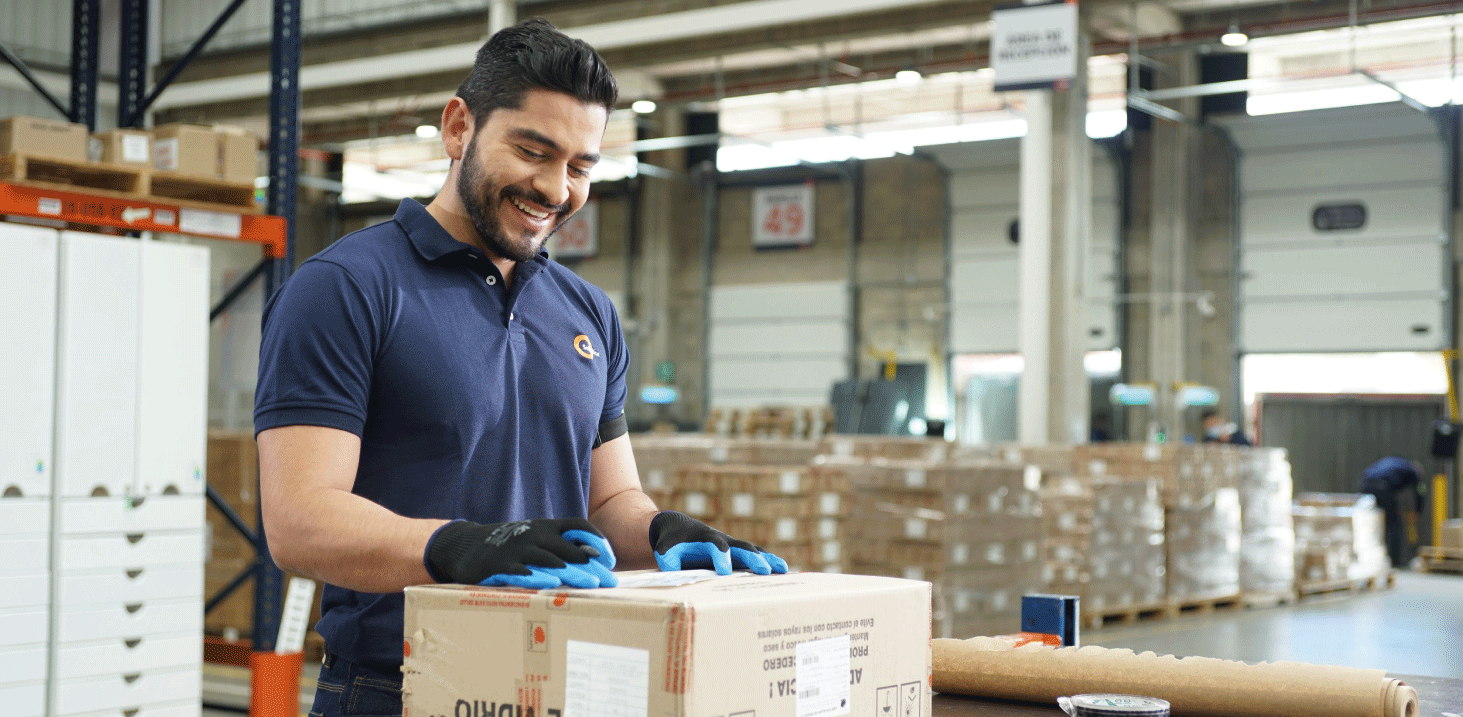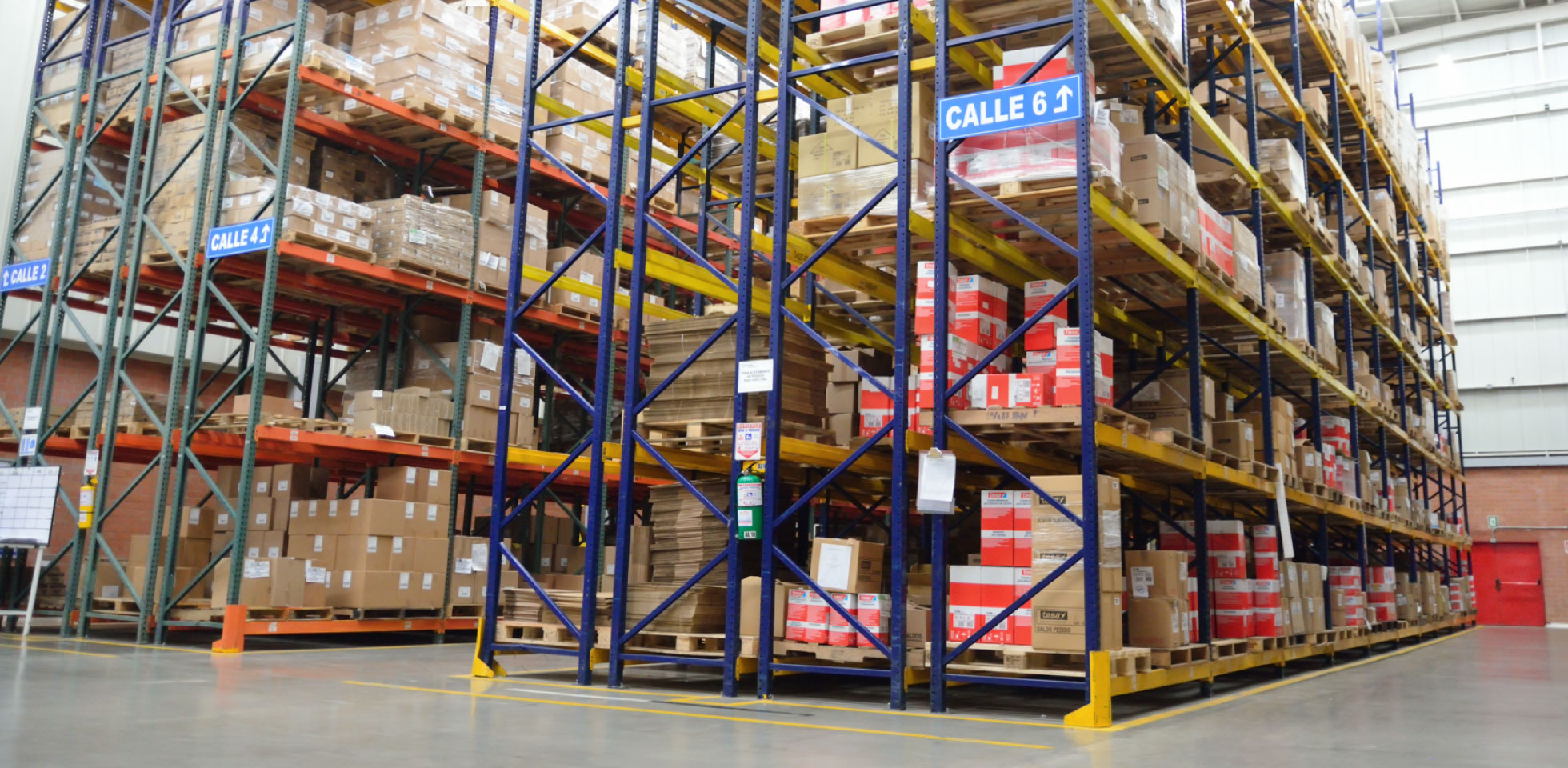A 3PL service optimizes the supply and helps save on logistics processes.
With the globalization of trade, the constant evolution of markets, and the fast embracement of e-commerce by consumers, the storing of goods and the distribution systems are increasingly growing in complexity.
When we add to this the fact that customer service, the last stage of any supply chain, has become more important as a factor to boost the competitiveness of companies, it becomes evident that we should demand comprehensive logistics services to overcome these new challenges.
Logistics has been undergoing a transformative process that has taken it from the initial stage, when manufacturers carried out their own storage and distribution operations all the way to the present day, when we involve the consulting services of a company specialized in planning and managing logistics activities that uses different service providers.
This fostered the growth of diverse types of logistics operators, better known for their acronyms 1PL, 2PL, 3PL, and 4PL, which we can tell apart by the service level they offer for optimizing the supply chain.
What does each do?
The acronym PL stands for Party Logistics; when preceded by number 1 it means the manufacturer itself carries out its logistics directly and completely, with no involvement of any outsourced services.
2PL was the first stage in the evolution that began when companies realized they needed the help of another company to meet their logistics demands, particularly to cover more geographies for delivery; manufacturers usually outsourced the transportation of goods by hiring freight services.
3PL became popular when manufacturers required providers to take over the storage and distribution processes, freeing them to focus on optimizing their manufacturing processes and on product quality. In this sense, a 3PL (Third-Party Logistics) company becomes a silent “middleman” between the manufacturers and their clients, keeping their relationships transparent, and staying clear of invoicing or purchasing orders.
A 3PL service is also known as Outsourced Logistics.
Lastly, the complexity of markets gave way to 4PLs as more robust and comprehensive services including consulting on supply chain management, choosing 3PL companies to supply the facilities, warehouses, and distribution fleet.
What are the advantages of outsourcing?
The main advantages are to use economies of scale to lower operation costs and optimize productivity and quality of service for end clients.
The following are some other benefits:
- Lower risks by taking advantage of the 3PL’s knowledge and experience.
- Avoid making large investments on facilities, equipment, and software when venturing into new markets.
- Avoid fixed costs, instead handle expenses such as variable costs depending on the products’ demand and seasonality.
- Have the most advanced tech tools on hand to optimize routes and accurately monitor goods.
- Focus on the company’s core activities and on achieving strategic goals.
- Access innovative proposals for improving the supply chain.
In addition, for large domestic and international projects, 4PL providers can also hire the services of 3PL providers so they can access their storage, inventory, distribution, reverse logistics, and traceability capabilities.
How to choose the right provider of logistics services?
People may think cost is the main factor to consider when choosing a provider of logistics services, but we strongly suggest not falling for this idea.
You should choose your logistics supplier based on the value it contributes to the specific needs of your company, paying attention to these issues:
- Make sure it currently manages the logistics of companies like yours and that it has the necessary infrastructure.
- Make sure it has enough experience in your company’s sector.
- Make sure its efficiency has been tested and that it backs up its processes’ reliability and quality; for example, on-time deliveries ratio, flexibility to face seasonal trends, proactivity when dealing with emergencies, proposals to improve the logistics of the supply chain, among many other factors.
- Make sure its staff has enough experience and is properly trained, and the company has major domestic and international certifications.
- Make sure it can keep offering solutions (in terms of infrastructure and resources) as your business’ requirements grow.
- Make sure it has the capacity to customize the services it offers to your company’s needs.
- Make sure it has a large portfolio of clients and solutions and proven stability in its sector.
- Make sure it offers the attention and customized service of an account manager.
Look for a logistics provider that can become an ally for your business and is aligned with, and keen to help you meet, your strategic goals.
The collaboration you establish with this supplier will help you boost your company’s profitability and competitiveness.
